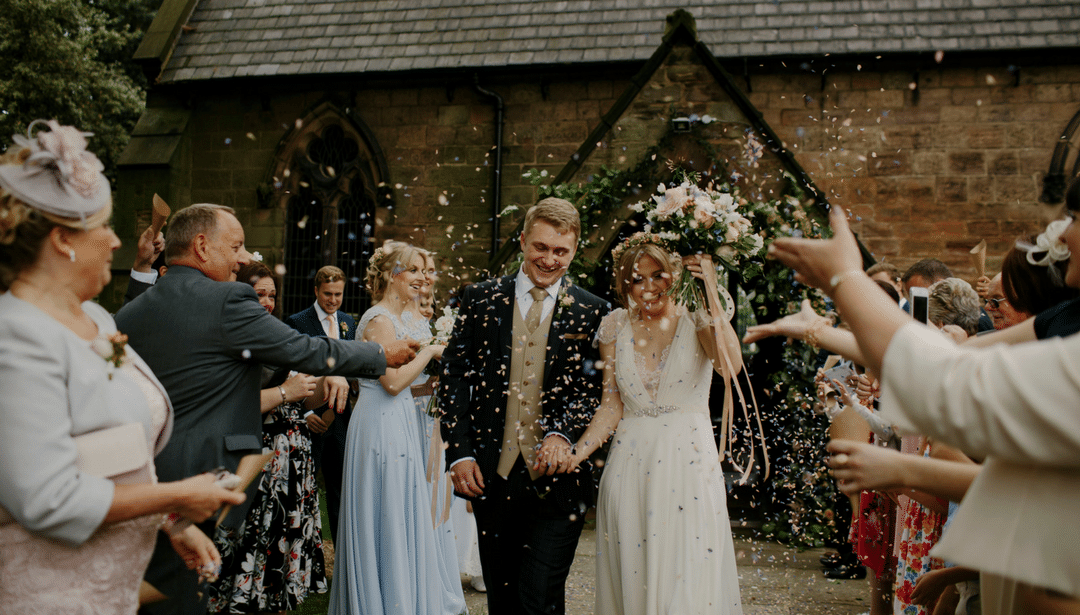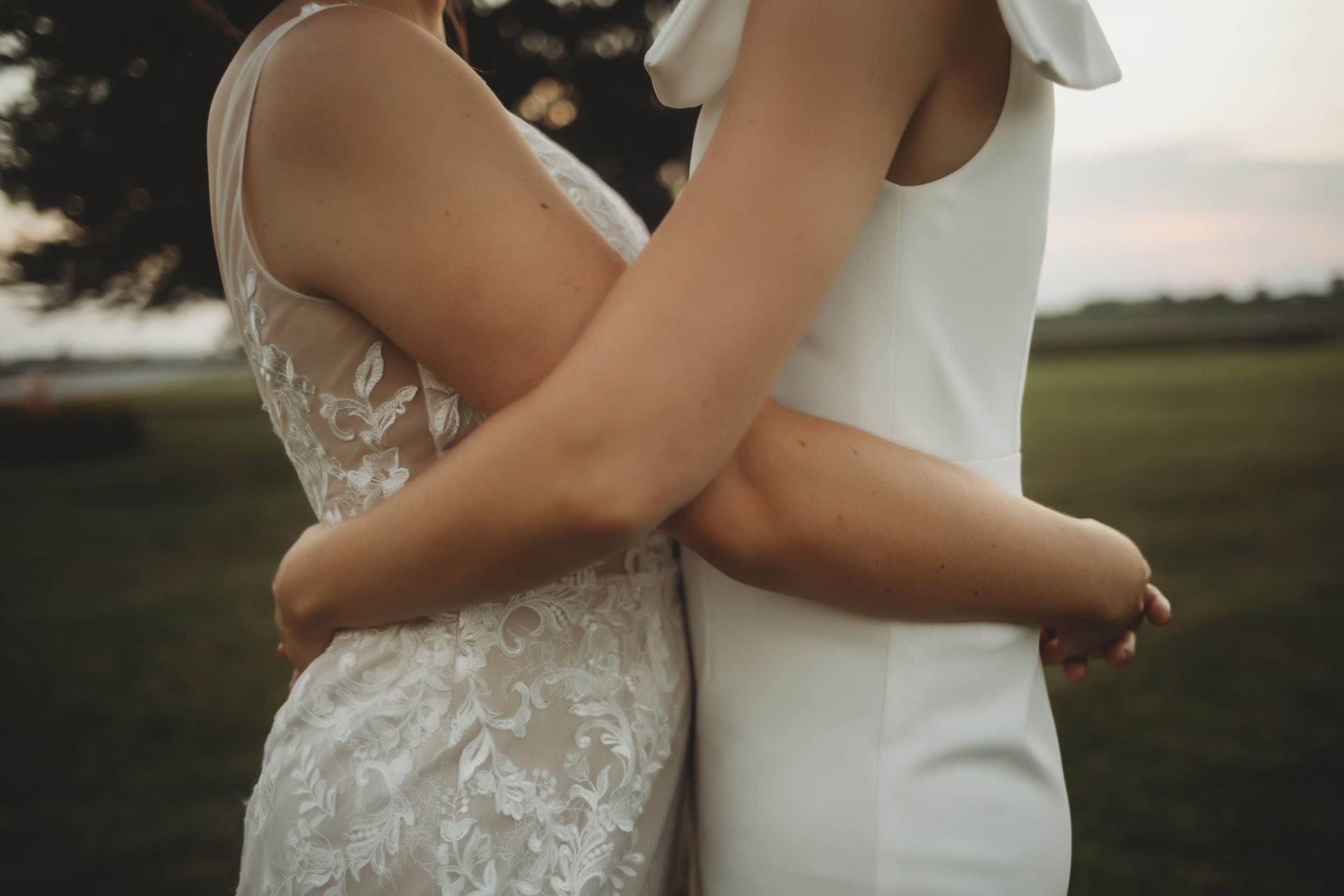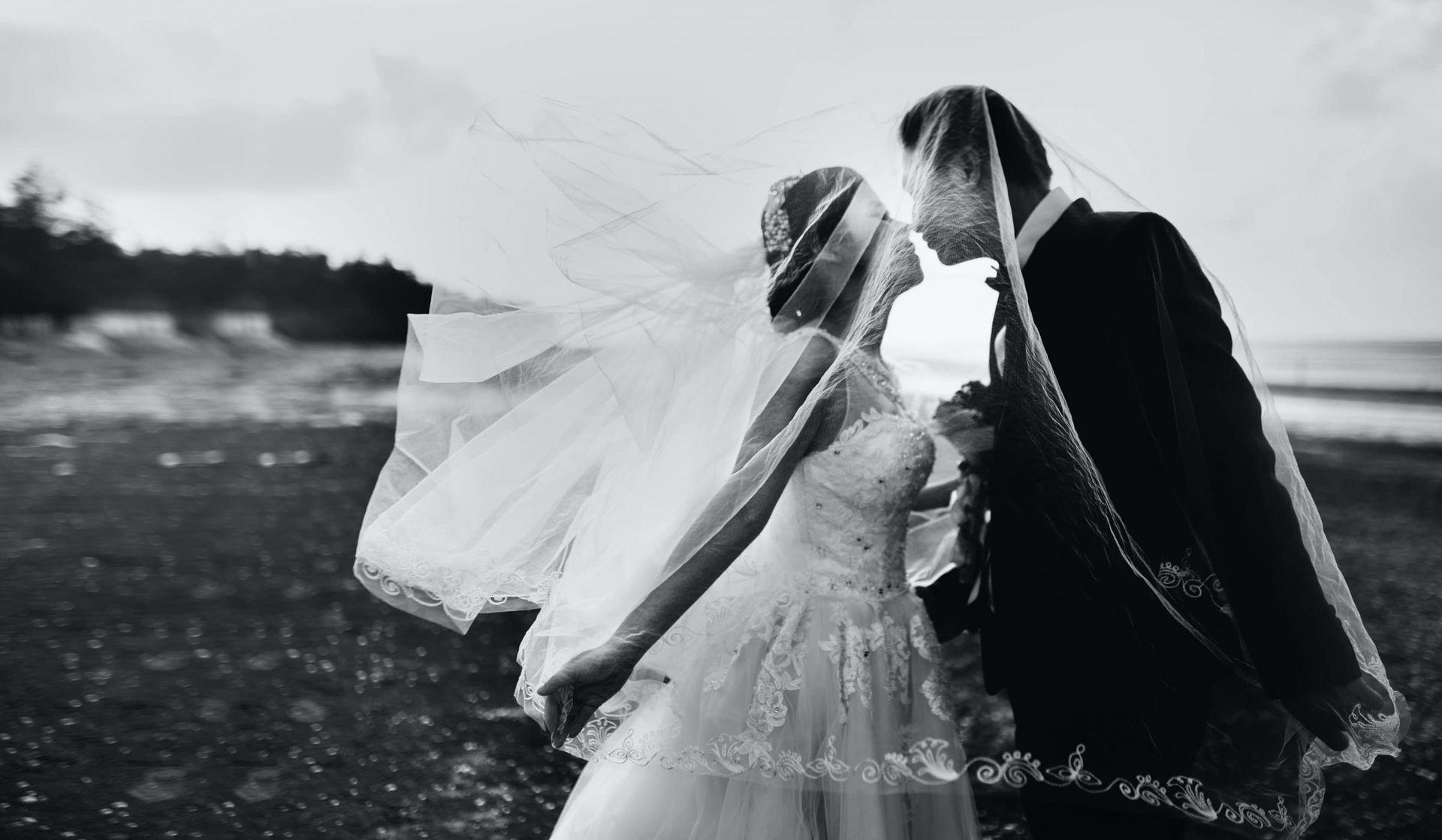
While all photographers should use contracts for their sessions, if you’re a wedding photographer, you absolutely need to have a solid and strategic wedding photography contract ready to go as soon as a couple says ‘I do’ to your services.
Unfortunately, verbal agreements don’t hold up in court. And while you may hope and assume that you and your clients will never find yourselves on opposing sides of a courtroom, you don’t want to run that risk. To avoid this unsavory situation, be sure that you have a legally binding wedding photography services contract in place.
Wedding photography contracts don’t just protect you against legal battles–they also help protect your clients. Weddings are often seminal life events, hours that your clients will want captured for eternity. To ensure that you and your clients are on the same page and share identical expectations, be sure your wedding photography contract spells out every deliverable and eventuality. This includes any additional precautions necessary for COVID-19 protocols.
Whether you’re just starting out on your wedding photography business and are looking for guidance about where to begin writing contracts, or if you’re a seasoned wedding photography business owner and are looking to update your existing contract, you’ll find these 5 must haves on the top of your.
To help you guide your contract design, we compiled our list of top five things all wedding photography contracts should include.
5 Things Your Wedding Photography Contract Must Include

1. Terms of Payment
Talking about money is often seen as uncouth, but when it comes to your wedding photography business, talking about cost should top the list. Your wedding photography contract should absolutely include a section that details payment terms, as well as provide a clear and distinct timelines for payments. In this section, you’ll want to include: the cost for the service/package, additional fees, retainer amount, dates for when amounts are due, and non-payment clauses. You should also include clear delineations of what clients are responsible for, including any travel fees or extra expenses.
2. Cancellation and Rescheduling Clause
With the recent pandemic, cancellations and reschedules have been more common in the photography field, especially for weddings. Include a clause for if the client cancels/reschedules. Lay out your details of what happens if the client reschedules or needs to cancel–for example, what your reschedule fee is and what happens if you’re not available on their date chosen for rescheduling. You’ll also want to include a cancellation clause for if you need to cancel. Things happen–injuries, illnesses, and other unforeseen events–that may prevent you from shooting. You’ll want to assure your clients that there are many options if you are unable to shoot their wedding.

3. Delivery timeline
As a photographer, you know how eager your clients are to see the results from your shoot. Brides are even more enthusiastic about seeing your work. It’s not uncommon for wedding photographers to encounter brides that will constantly ask about when to expect photo delivery. To avoid this constant questioning, establish clear expectations around turn around time for proof, edited galleries, and other products in your contract so your client is aware up front and can refer to this info as a reminder.
4. Meals and Breaks
Shooting weddings is no easy job. These events can span hours–and in some cases, even days! Like any other worker, you’re entitled to meals and breaks. Be sure to outline your expectations for reasonable amounts of breaks during the day. You also deserve a meal if you’re working several hours that day and you can include this in your contract as well. Don’t forget about your second shooter–you’ll want to outline breaks and request a meal for them, as well.

5. Equipment Damage
Regardless of best intentions, accidents happen all the time. The bride’s uncle accidentally knocks over your off-camera flash or a curious kid pulls your camera down off the table. Photography equipment is not cheap and is a valuable tool to your business. If something breaks while you’re working a wedding, you’re unable to shoot and do your job. It should be the couple’s responsibility to replace the broken item if the damage was from the result of a guest at the wedding. To avoid any unsavory circumstances, be sure to include a clause in your contract that details expectations about equipment damage.
While these five topics are absolute musts to include in your wedding photography contract, you’ll want to be sure to include other clauses that speak to your unique needs as a wedding photographer and artist. Overall, the ultimate aim of your contract is to help you and your cleant stay organized for the big day.
Weddings are stressful endeavors for nearly everyone involved. When you clearly establish boundaries and expectations within your wedding photography contract, you reduce stress on both yourself and your clients.
Seeking of stress, if the idea of drawing up a new contract or editing an existing document feels completely overwhelming, don’t fret. If you’re struggling with creating a contract, then you can check out The Lawtog which is a great resource for photography contracts.
Did you know Iris allows you to easily send your contracts to clients
automatically and have them signed?
Sign up for your free 14-day trial with Iris today.



